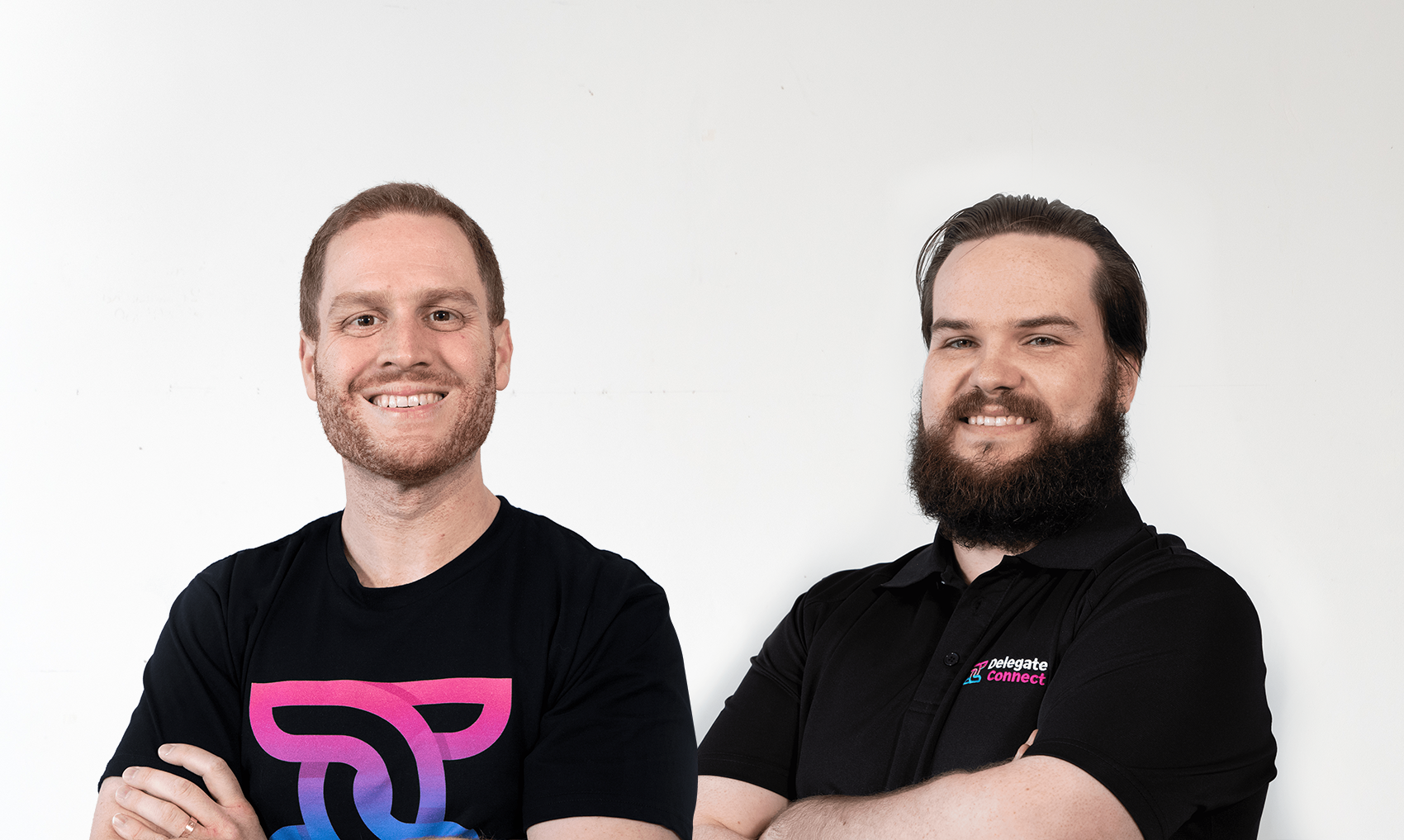News: A16z in talks to back CoinSwitch Kuber in first India investment
A16z is inching closer to making its first investment in a startup in India, the world’s second largest internet market that has produced over two dozen unicorns this year. The Menlo Park-headquartered firm is in final stages of conversations to invest in Indian crypto trading startup CoinSwitch Kuber, three sources familiar with the matter told
A16z is inching closer to making its first investment in a startup in India, the world’s second largest internet market that has produced over two dozen unicorns this year.
The Menlo Park-headquartered firm is in final stages of conversations to invest in Indian crypto trading startup CoinSwitch Kuber, three sources familiar with the matter told TechCrunch. The proposed deal values the Bangalore-based firm at $1.9 billion, two sources said. Coinbase is also investing in the new round, one of the sources said.
CoinSwitch Kuber was valued at over $500 million in a round in April this year when it raised $25 million from Tiger Global. If the deal with A16z materializes, it will be CoinSwitch Kuber’s third financing round this year.
TechCrunch reported last week that CoinSwitch Kuber was in talks to raise its Series C funding at up to $2 billion valuation. The report, which didn’t identify a lead investor, noted that the Indian startup had engaged with Andreessen Horowitz and Coinbase in recent weeks.
Usual caveats apply: terms of the proposed deal may change or the talks may not result in a deal. The author reported some details about the deal on Wednesday.
The startup declined to comment. Coinbase and A16z as well as existing investors Tiger Global and Sequoia Capital India did not respond to requests for comment.
The investment talks come at a time when CoinSwitch Kuber has more than doubled its user base in recent months — even as local authorities push back against crypto assets. Its eponymous app had over 10 million users in India last month, up from about 4 million in April this year, the startup said in a newspaper advertisement over the weekend.
A handful of crypto startups in India have demonstrated fast-pace growth in recent years — while impressively keeping their CAC very low — as millions of millennials in the South Asian nation kickstart their investment journeys. Several funds including those with big presence in India such as Accel, Lightspeed, WEH and Kalaari recently began working on their thesis to back crypto startups, TechCrunch reported earlier.
B Capital backed CoinDCX, a rival of CoinSwitch Kuber that has amassed 3.5 million users, last month in a $90 million round that valued CoinDCX at about $1.1 billion.
Policymakers in India have been debating on the status of digital currencies in the South Asian market for several years. India’s central bank, Reserve Bank of India, has expressed concerns about private virtual currencies though it is planning to run trial programs of its first digital currency as soon as December.
About 27 Indian startups have become a unicorn this year, up from 11 last year, as several high-profile investors — and global peers of Andreessen Horowitz — such as Tiger Global and Coatue have increased the pace of their investments in the South Asian market. Apna announced earlier on Thursday that it had raised $100 million in a round led by Tiger Global at $1.1 billion valuation, becoming the youngest Indian firm to attain the unicorn status.
Groww, an investment app for millennials, is in talks to raise a new financing round that would value it at $3 billion, TechCrunch reported on Wednesday. The startup has engaged with Coatue in recent days, the report said.










